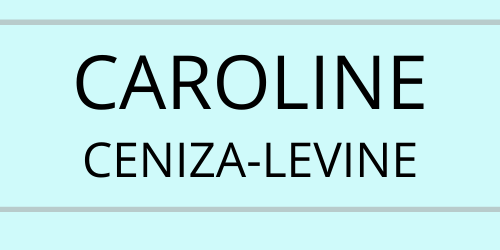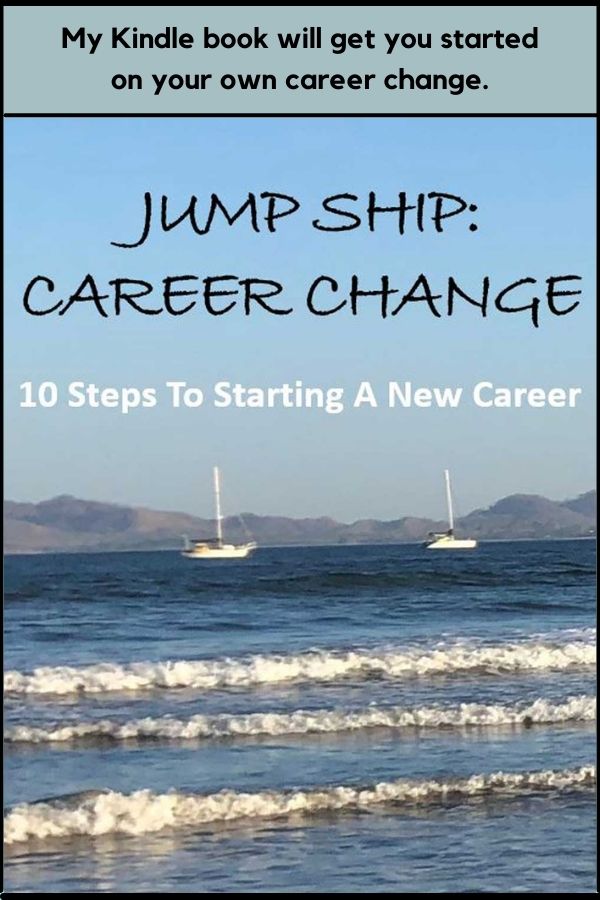After several years at a top management consulting firm, my engineer client moved rapidly up the ranks of a start-up from operations to project management to head of business development, until slow growth and slower fundraising made him realize that he not only was not going to have the big exit story to tell at cocktail parties but he needed to find more secure employment. Could he get back to a brand name firm after almost eight years at a start-up?
He absolutely could (and did) and so can you. If you have taken time to pursue your entrepreneurial dreams or try your hand at freelancing and find yourself longing to get back to a regular corporate job,. you need to tell a new story that makes your return to corporate the obvious next step. Here are three strategies (and mistakes to avoid) as your craft your new career story:
Remember that your story is about wanting that next job — not no longer wanting entrepreneurship
Employers, like everyone else, want to be with people who want to be with them. You need to present yourself as someone who wants to be doing that job, in that company, in that industry. You are not tired of business development, insecure about the market, or missing the structure and perks of a “real office.” (Yes, I’ve heard entrepreneurs interview for jobs who allude to one or more of those three reasons for why they’re making a move!)
No one wants to be the rebound relationship! Tell a story that puts the employer, their objectives, and the contribution you would make front-and-center. My engineering client talked honestly about the problems that hit the start-up shortly as funding was drying up but focused his main talking points on what was happening at the big tech companies that were his target interest and how his years at the start-up were indeed relevant to what he wanted to do next.
What is front-and-center in your career change story? Are you able to talk intelligently and enthusiastically about the role, company and industry you say you’re interested in? Until you can demonstrate genuine interest in employment, you risk looking like you’re leaving entrepreneurship, more than pursuing employment for the right reasons.
Remember to balance failures with tangible successes – don’t make employers unsure about hiring you
As a recruiter, I always appreciated hearing from candidates who were self-aware about their limitations and how they could improve. But the job market is competitive, and employers want to hire for success – proven success, not potential. So, as much as you might be tempted to divulge the struggles and the pain of your start-up sob story, only do it just enough for the employer to understand that you have learned something, you’re stronger now, and here’s how you’ll move on.
My engineering client pointed to specific partnerships he landed and revenues he brought in through his own efforts, even as the company overall was struggling. He didn’t absolve himself from the problems of the firm but he also didn’t make his last eight years a laundry list of problems. He also highlighted how the struggles gave him a battle-tested approach to opening new markets, which was a critical skill for the roles he was targeting.
Do you talk about your business failures so that they highlight lessons learned and hard-won skills and expertise? Are you giving employers confidence that you can succeed with them?
Remember that you want to convey that you have moved on – so move on in word and deed
When you tell your story about moving from entrepreneurship into whatever you are targeting next, are you the-lady-doth-protest-too-much? This is related to the first strategy — where you need to convincingly talk about employment as your first choice. In this strategy, you specifically don’t talk (at least too much) about entrepreneurship because that’s not where your head, heart or efforts are any longer.
Similarly your actions must point to your interest in employment. My engineering client reconnected with his big company friends, invested his time with professional associations rather than investor conferences, and followed market trends that impacted Fortune 500 companies, not start-ups.
Have you made changes both in what you’re saying and what you’re doing? Are you managing your career inputs and activities like an executive or an entrepreneur?
The line between employment and entrepreneurship is blurry in today’s job market. Employment is less reliable so everyone should be managing their career like business owners. In this way, an entrepreneurial stint gives you valuable experience. In addition, companies are cautious about hiring in case there’s another downturn, so candidates now more than ever have to be crystal clear about their value proposition – much like an business owner pitching a sale. Score two for that detour into entrepreneurship!
You may get less pushback than you expect about your entrepreneurial past. However, prospective employers will ask about your choices, and you want your story to be reasonable and empowered.
A version of this post originally appeared in my column for Forbes.com.






